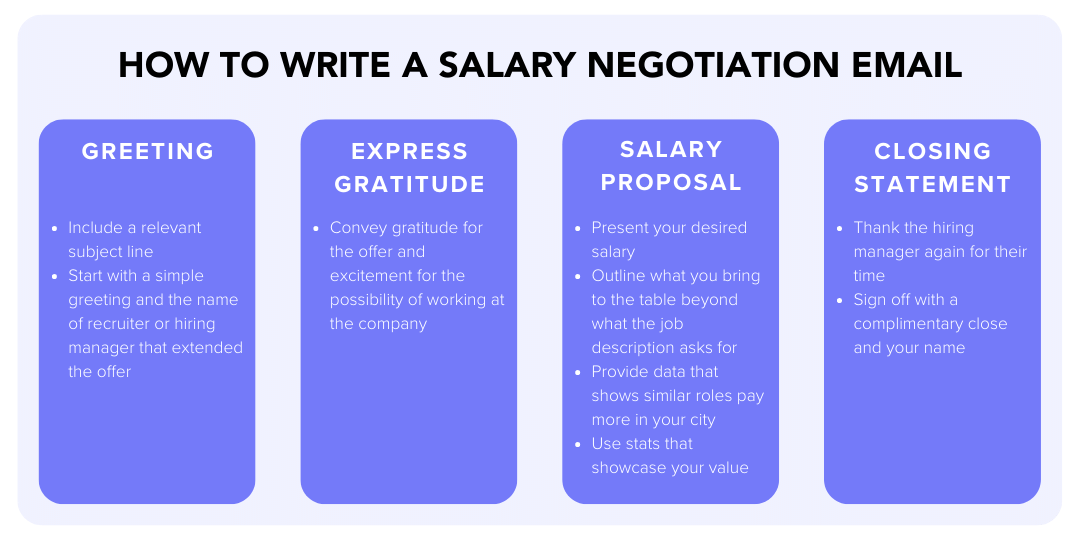Salary Negotiation
What is Salary Negotiation?
Definition:
Salary benchmarking involves the use of technology and data analysis to evaluate and compare compensation structures within a specific industry, region, or job role. This process aids organizations in ensuring their salary offerings are competitive, aligned with market trends, and conducive to attracting and retaining top talent.
Analogy:
Picture salary benchmarking as a sophisticated financial advisor for businesses. Similar to how an advisor would assess market trends, investment options, and financial strategies, salary benchmarking tools analyze salary data, industry trends, and geographical variations, guiding organizations in setting competitive and fair compensation packages.
Further Description:
Salary benchmarking encompasses several components:
Market Analysis: Utilizing technology to gather and analyze salary data from various sources, including industry reports, surveys, and job market platforms, to understand prevailing compensation trends.
Job Matching: Automated tools compare specific job roles within an organization to equivalent roles in the market, considering factors such as skills, responsibilities, and experience levels.
Geographical Considerations: Automation aids in factoring in regional variations in living costs and compensation norms, ensuring that salary structures are competitive and appropriate for specific locations.
Skill-Based Compensation: Technology facilitates the identification of key skills and qualifications associated with a particular job, allowing organizations to align compensation with the value of these skills in the market.
Customized Reporting: Automation generates comprehensive reports, offering insights into how an organization’s salary structure compares to industry benchmarks, enabling data-driven decision-making.
Why is Salary Benchmarking Important?
Competitive Advantage: Ensures that an organization’s compensation packages are attractive compared to industry standards, giving them a competitive edge in attracting top talent.
Retention Strategy: Helps in retaining existing employees by ensuring their compensation remains competitive, reducing the risk of losing talent to competitors.
Cost Management: Enables organizations to allocate their budget efficiently by providing insights into the market value of specific roles, preventing overpayment or underpayment.
Fairness and Transparency: Demonstrates a commitment to fair and transparent compensation practices, enhancing employee trust and satisfaction.
Examples and Usage:
Compensation Surveys: Automated tools collect and analyze data from industry-specific surveys, providing organizations with up-to-date information on salary benchmarks.
Job Market Platforms: Online platforms use algorithms to compare job listings and salary information, offering real-time insights into market trends.
Compensation Analytics Software: Advanced analytics tools provide in-depth analysis, allowing organizations to visualize and understand their compensation data in comparison to industry benchmarks.
Key Takeaways:
- Salary benchmarking enables organizations to make informed decisions based on market data, ensuring their compensation strategies are aligned with industry standards.
- By offering competitive salaries, organizations increase their chances of retaining skilled professionals, fostering a stable and high-performing workforce.
- Utilizing technology for salary benchmarking promotes fairness and transparency in compensation, contributing to a positive organizational culture.
- Automation aids in strategic budget allocation by providing insights into the market value of skills and roles, helping organizations optimize their financial resources.





